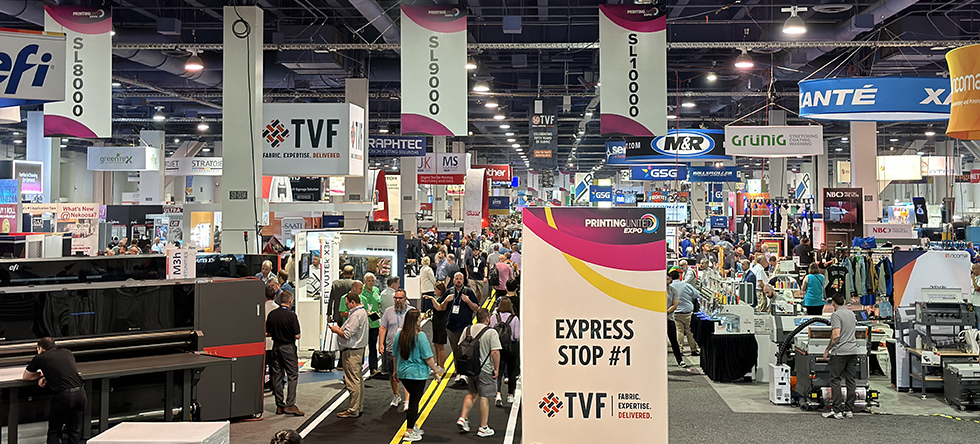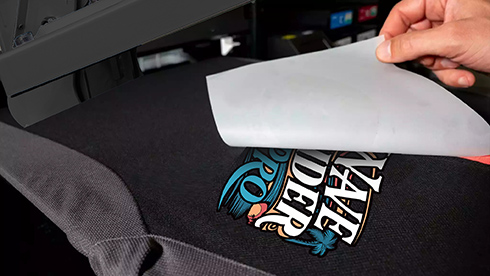Nowadays, personalization is no longer the monopoly of niche markets, but is gradually becoming a mainstream trend among consumers. According to market research, more and more consumers tend to buy goods with personal characteristics, especially in the apparel industry, where personalized clothing such as customized T-shirts and customized sweatshirts—often produced using innovative technologies from a leading heat press company—are favored by consumers. Personalization can not only meet consumers' demand for uniqueness, but also increase the emotional connection between consumers and brands and improve brand loyalty.

 T-shirt Customization: Through heat transfer printing technology, enterprises can print various patterns, text, pictures, etc. on T-shirts according to consumer demand to meet the demand for personalization.
T-shirt Customization: Through heat transfer printing technology, enterprises can print various patterns, text, pictures, etc. on T-shirts according to consumer demand to meet the demand for personalization.
Customized Sportswear: Sportswear is also popular in terms of personalization, especially in the fitness and sports circle, where many consumers want to have their own customized clothing.
Customization of Backpacks, Hats, and Other Accessories: In addition to clothing, backpacks, hats, shoes, and other accessories have also become a popular area of customization. Heat presses can easily meet the needs of this type of low-volume, personalized production.
 Quick Response to Customer Needs: Heat presses can quickly heat up and transfer patterns to fabrics to quickly complete small-volume custom orders. Compared with traditional screen printing and other methods, heat transfer does not require a cumbersome plate-making process, which can greatly shorten the production cycle, enabling companies to quickly respond to market changes and provide timely customized services.
Quick Response to Customer Needs: Heat presses can quickly heat up and transfer patterns to fabrics to quickly complete small-volume custom orders. Compared with traditional screen printing and other methods, heat transfer does not require a cumbersome plate-making process, which can greatly shorten the production cycle, enabling companies to quickly respond to market changes and provide timely customized services.
High-precision Pattern Transfer: Personalization usually requires unique and delicate designs, and the precise control of the heat press can ensure that the pattern of each customized product is clear, delicate and perfectly rendered. Whether it's a complex multi-color design or delicate text and graphics, the heat press can accurately transfer them to the fabric, ensuring high-quality transfer results.
Low-cost Customized Production: Due to the simple operation of the heat press and short production cycle, companies can complete small customized orders at low cost. For most apparel companies, the ability to reduce production costs without sacrificing quality is key to driving rapid growth in the personalization business.
Adaptable to a Wide Range of Fabrics: Heat presses are suitable for a wide range of fabrics such as cotton, polyester, nylon, and leather, meeting the diverse fabric needs in custom orders. This versatility makes the heat press an ideal tool for apparel companies for personalization.
Strengthen the Construction of Online Platform: With the booming development of e-commerce, more and more apparel companies carry out customization business through online platform. By building a customized service platform, consumers can easily upload design patterns, choose styles and colors, and even select different fabrics and style combinations for customization. Combined with highly efficient heat-press transfer printing technology, companies are able to quickly produce and deliver personalized and customized products to meet consumers' individual needs.
Launch Limited Edition or Co-branded Customization: Limited edition and co-branded customized products have strong market appeal. Companies can utilize the customization capabilities of heat presses for sale to regularly launch limited edition products or co-branded products in cooperation with well-known designers and brands, thereby attracting the attention of more consumers and increasing brand awareness and market competitiveness.
By adding heat presses, apparel companies can not only improve productivity, but also gain more opportunities in the personalization and customization business. Efficient and accurate heat transfer technology enables companies to respond quickly to market demand and provide consumers with high-quality customized products. With consumers' increasing demand for personalization and uniqueness, heat press is undoubtedly a powerful tool for apparel companies to expand their customization business and improve competitiveness.